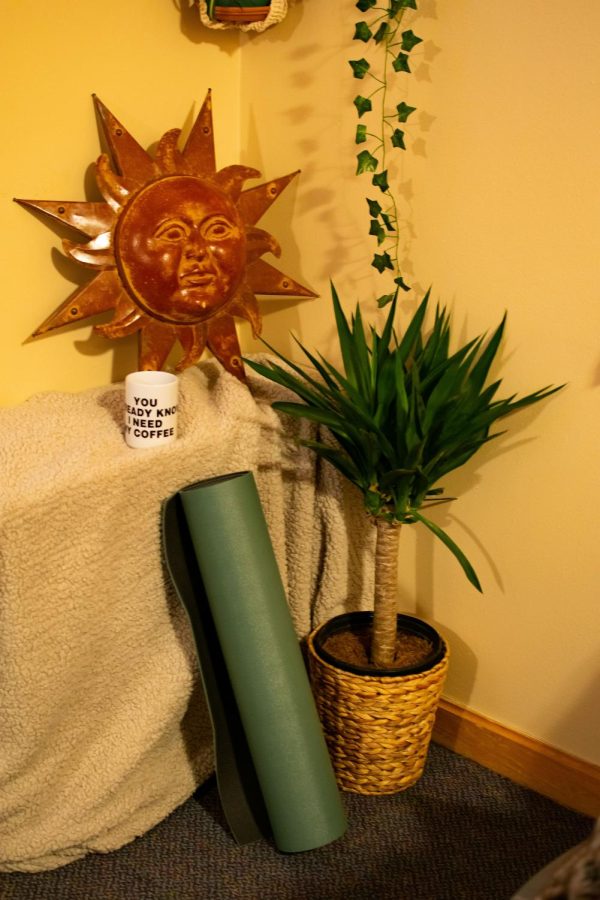
When Easter break officially comes to a close, Marquette’s atmosphere becomes almost electric as the countdown to summer begins to inch closer. But with this excitement comes an increase of the dreaded s-word. Stress.
But sometimes a little bit of stress is a good thing, according to Jeffrey Anders, a clinical assistant professor of psychiatry with the University of Wisconsin-Madison Health Services.
“It’s kind of a two-edged sword,” Anders said. “Anxiety and stress actually help us to remain alert and vigilant to give us the energy we need to preform the tasks of our day.”
Without stress, Anders said, any sense of motivation would be lost completely. As it turns out, small amounts of stress are actually good for the human body, as they keep it on task.
But the negative effects of stress are just as telling.
“When there is too much stress which we can’t channel through productive means, we get over-stressed and over-anxious and it leads to negative effects like higher blood pressure,” Anders said. “By leaving that unchecked over longer periods of time, it can affect your heart permanently.”
The American Institute of Stress lists numerous emotional and physical disorders on its website that have been linked to stress. These include depression, anxiety, heart attacks, stroke, hypertension, immune system disturbances that increase susceptibility to infections and a host of viral-linked disorders ranging from the common cold and herpes to AIDS and certain cancers.
But Hans Selye, a former professor at the University of Montréal and director of the Institute of Experimental Medicine and Surgery who pioneered stress research in the mid-20th century, was so certain that good stress existed, he coined a term for it – eustress.
Selye performed a series of experiments on rats which soon developed stress-related ulcers and other symptoms. He found that the rats adapted to the circumstances of his lab testing, and they eventually began to live around the stress.
For humans, however, combating stress is a little different than just adapting to it. Anders said the most effective way to combat stress is just to stay organized. Keeping affairs in order and getting things done on time will lower the negative aspects of stress.
Mara Thompson, a sophomore in the College of Engineering, knows all too well about the moderate effects of stress. Thompson said her engineering classes have taken a turn toward real-life application, and her professors are urging her to find a job in the field. Between this and working multiple jobs, stress is a serious part of her life.
Thompson said she frequently uses tools like Google Calendar to stay organized.
“My biggest tip to prevent stress is to use Google Calendar, because I can use it through my phone and my computer and everything,” Thompson said. “It can show me where I’m going and it helps me to stay organized and on top of everything.”


